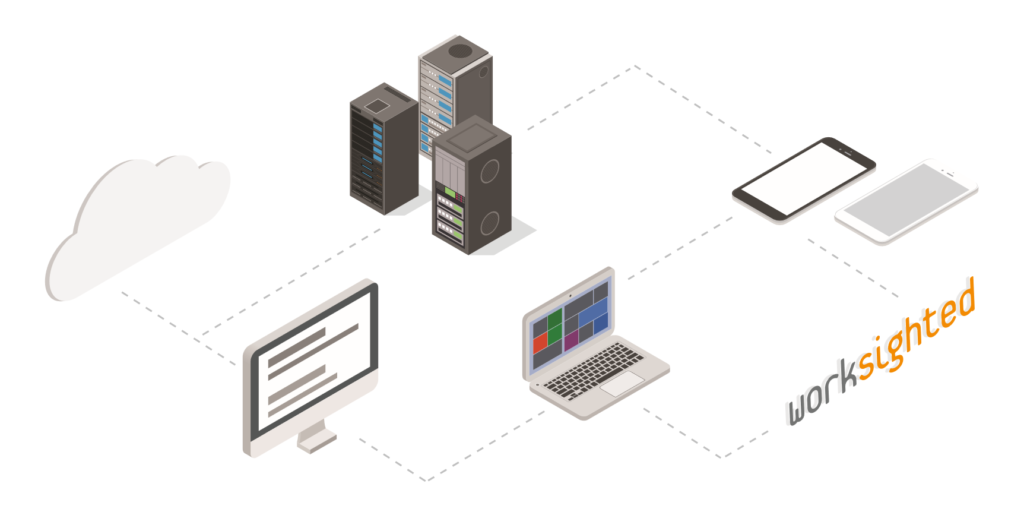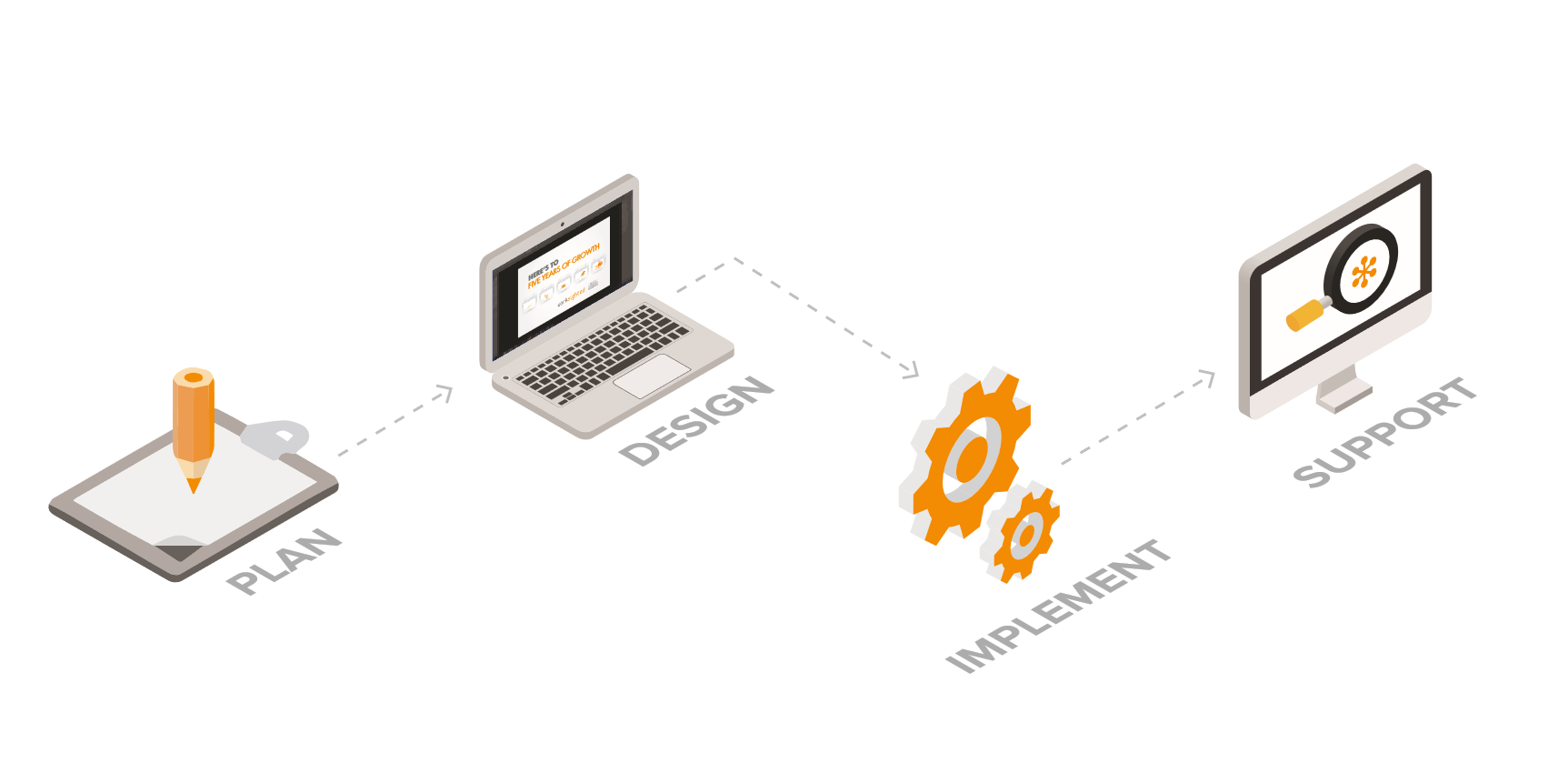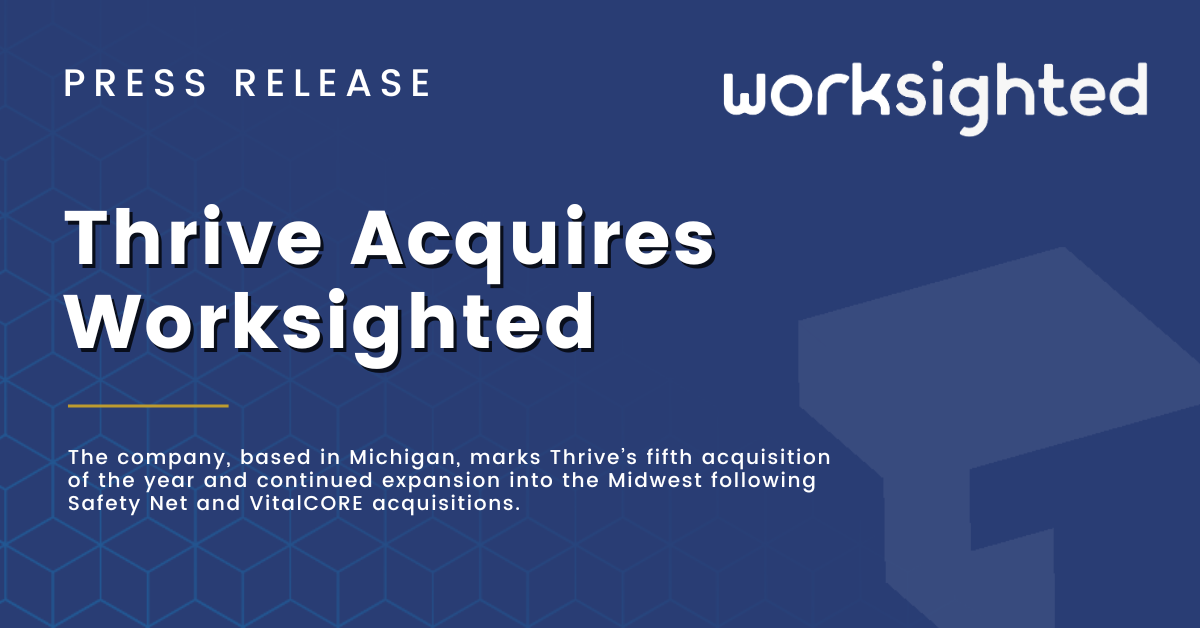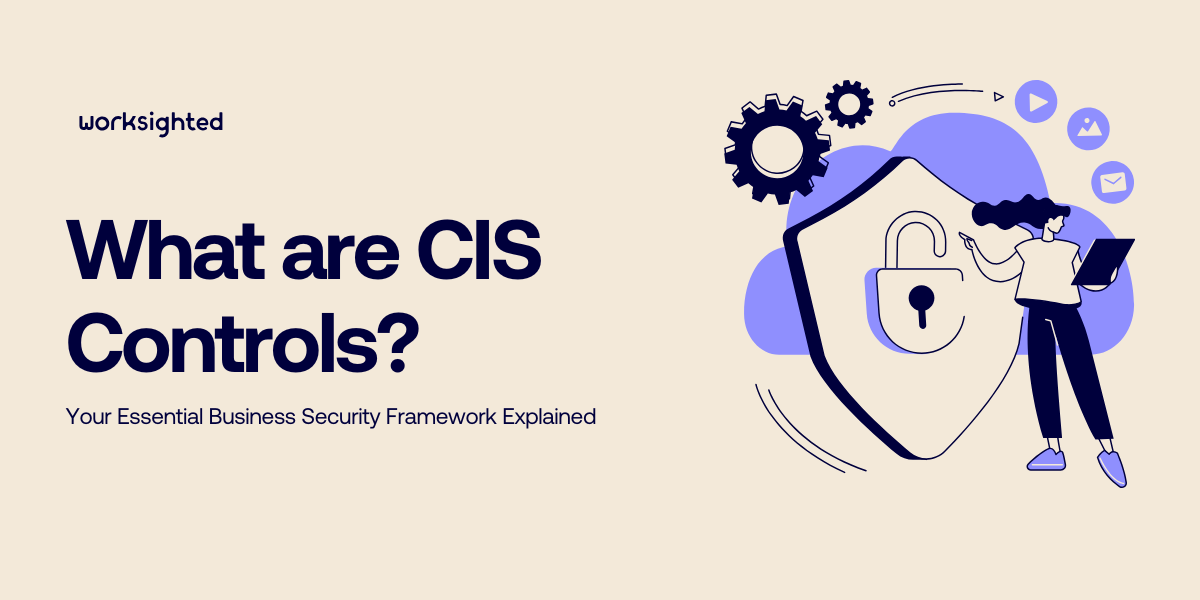Understanding the Importance of Data Privacy
In today’s digital age, data is more valuable than ever before. From personal information to business data, the amount of sensitive information being stored and transmitted online is staggering. As a result, the importance of data privacy cannot be overstated. Data privacy refers to the protection of personal and confidential information against unauthorized access, use, or disclosure. It involves implementing measures and best practices to ensure that sensitive information remains secure and confidential.
In this article, we will explore the various data privacy best practices that businesses should follow, as well as the role a Managed Service Provider plays in optimizing your data protection.
Common Data Privacy Threats and Risks
In the digital age, there are numerous threats and risks that can compromise data privacy. It is crucial to be aware of these potential dangers in order to implement effective safeguards.
- Malware – One common threat is malware, which refers to malicious software designed to infiltrate and damage computer systems. Malware can be spread through email attachments, infected websites, or even removable storage devices. Once a system is infected, cybercriminals can gain unauthorized access to sensitive information, leading to data breaches and privacy violations.
- Phishing attacks – Another significant threat to data privacy is phishing, which involves tricking individuals into revealing their personal information by posing as a trustworthy entity, such as a bank or an online service provider. These attacks often occur through email or instant messaging, and can be highly convincing. By providing personal information in response to a phishing attempt, individuals inadvertently expose their data to cybercriminals.
- Data breaches – Perhaps the most well-known threat to data privacy is data breaches. This occurs when unauthorized individuals gain access to a system or network and steal sensitive information. This can happen due to weak security measures, human error, or targeted attacks. Data breaches can have severe consequences for individuals and organizations, including financial losses, reputational damage, and legal liabilities.
By understanding the risks associated with these common data privacy threats businesses can implement robust security measures that minimize the likelihood of such incidents occurring.
Best Practices for Data Privacy in the Digital Age
To maximize data privacy and minimize risks, businesses should implement certain best practices. Here are some key considerations:
- Data classification and inventory: Classify data based on its sensitivity and value to the organization. Maintain an inventory of all data assets, including where they are stored, who has access, and the purpose of their use.
- Access controls and user permissions: Implement strict access controls to ensure that only authorized individuals can access sensitive data. Regularly review user permissions to prevent unauthorized access and minimize the risk of data breaches.
- Encryption: Encrypt sensitive data to protect it from unauthorized access, even if it is intercepted. Implement encryption technologies for data at rest, in transit, and in use.
- Regular data backups: Establish a robust backup strategy to ensure that data can be restored in the event of data loss or system failures. Test backups regularly to verify their integrity and effectiveness.
- Employee training and awareness: Educate employees about data privacy best practices, including the importance of strong passwords, recognizing phishing attempts, and reporting suspicious activities. Regularly reinforce training to ensure continuous awareness.
- Incident response plan: Develop a comprehensive incident response plan that outlines the steps to be taken in the event of a data breach. Regularly test and update the plan to ensure its effectiveness.
- Third-party vendor management: If you share data with third-party vendors, ensure they have robust data privacy measures in place. Regularly review vendor contracts to ensure compliance with data protection regulations.
By combining these security measures and best practices, organizations can create a strong line of defense against potential data privacy threats.
How MSPs Can Help Safeguard Sensitive Information
Managed Service Providers (MSPs) play a vital role in helping organizations safeguard their sensitive information. MSPs are external IT service providers that offer a range of services, including data security and privacy management. By partnering with an MSP, businesses benefit from their expertise and resources to enhance their data privacy practices. Here are several other benefits businesses experience when outsourcing their data privacy management:
- Expertise and experience: MSPs have in-depth knowledge of the latest threats and vulnerabilities and can design and implement comprehensive security solutions tailored to the specific needs of an organization. This includes deploying firewalls, antivirus software, and intrusion detection systems, among other measures. They stay updated with emerging threats and evolving compliance requirements, ensuring effective data protection.
- Cost efficiency: Building an in-house data privacy team can be expensive, requiring significant investments in hiring, training, and infrastructure. Outsourcing to an MSP allows businesses to access a wide range of expertise at a fraction of the cost, making data privacy management more affordable.
- Focus on core business activities: By entrusting data privacy management to an MSP, businesses can focus on their core competencies and strategic goals. This improves overall productivity and allows organizations to allocate resources more efficiently.
- 24/7 monitoring and support: An MSP provides round-the-clock monitoring and support, ensuring quick response times to security incidents. This helps minimize potential damages and reduces the impact of data breaches.
- Scalability: As businesses grow, their data privacy requirements evolve. An MSP can easily scale their services to accommodate changing needs, ensuring that data privacy measures remain effective and aligned with business goals.
Partnering with an MSP offers businesses a cost-effective and efficient way to manage data privacy. With their expertise, resources, and round-the-clock support, MSPs can help organizations stay ahead of emerging threats and maintain compliance with data protection regulations.
Taking Proactive Steps to Protect Your Sensitive Information
In an era where data is a valuable asset, protecting sensitive information is paramount. By understanding the importance of data privacy and implementing best practices, organizations can minimize the risks associated with data breaches and privacy violations. For those who want to go the extra mile, partnering with an MSP can benefit organizations through their expertise, resources, and proactive approach to data privacy.
Interested in learning more about how Worksighted can help your business strengthen your organization’s data privacy? Reach out to us today. Worksighted has been providing IT support to business in Michigan and beyond for over 20 years.





